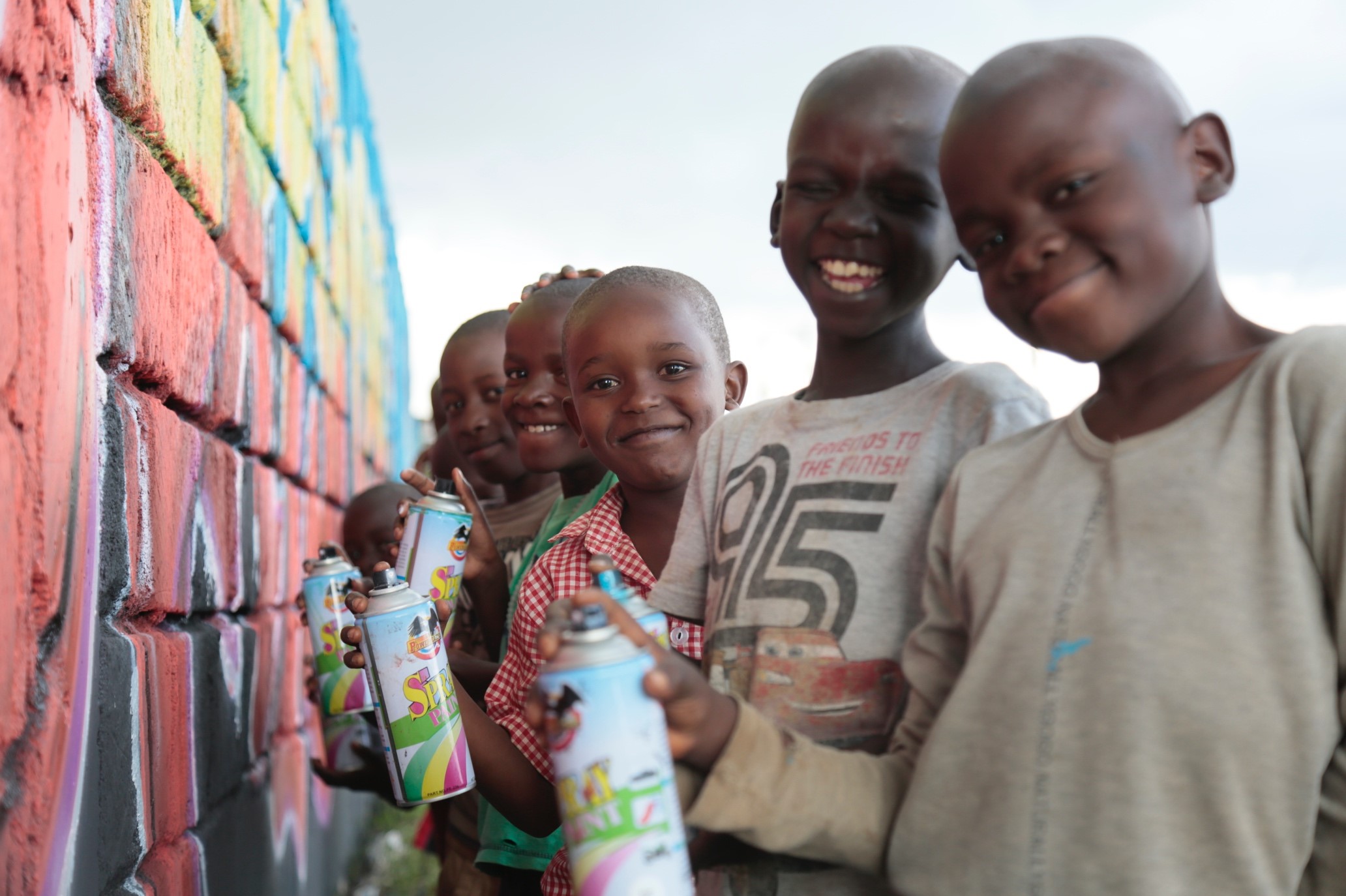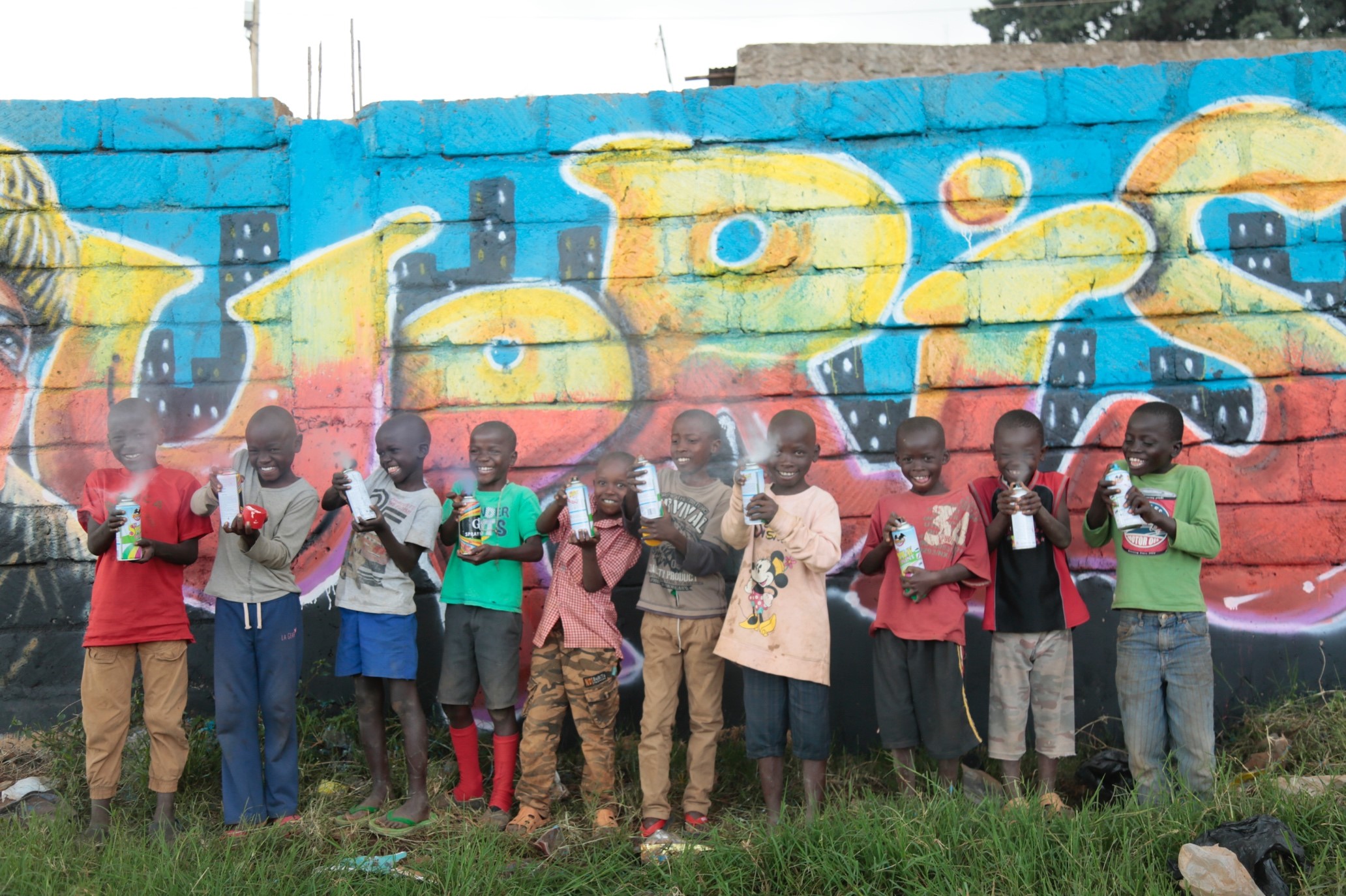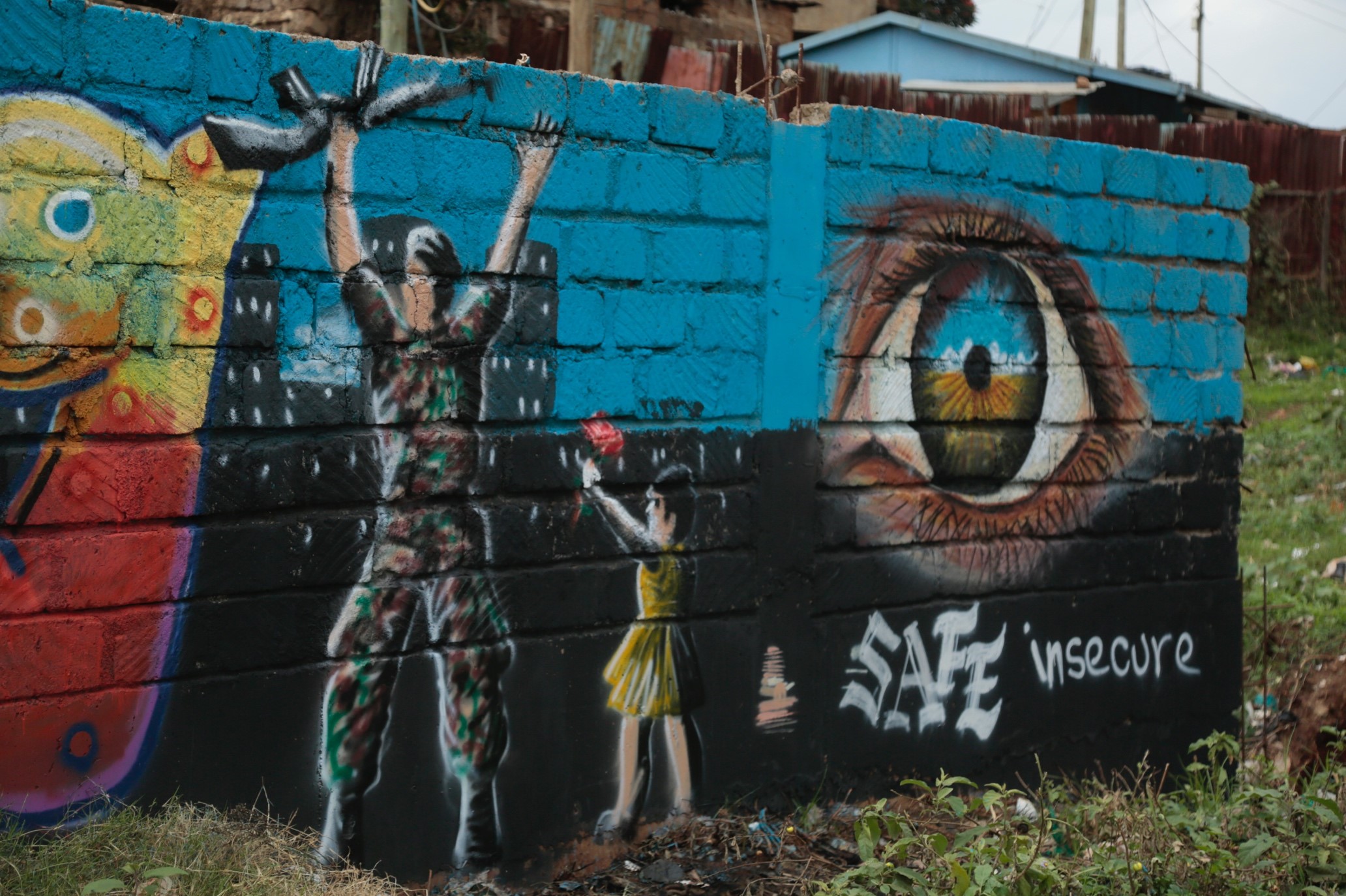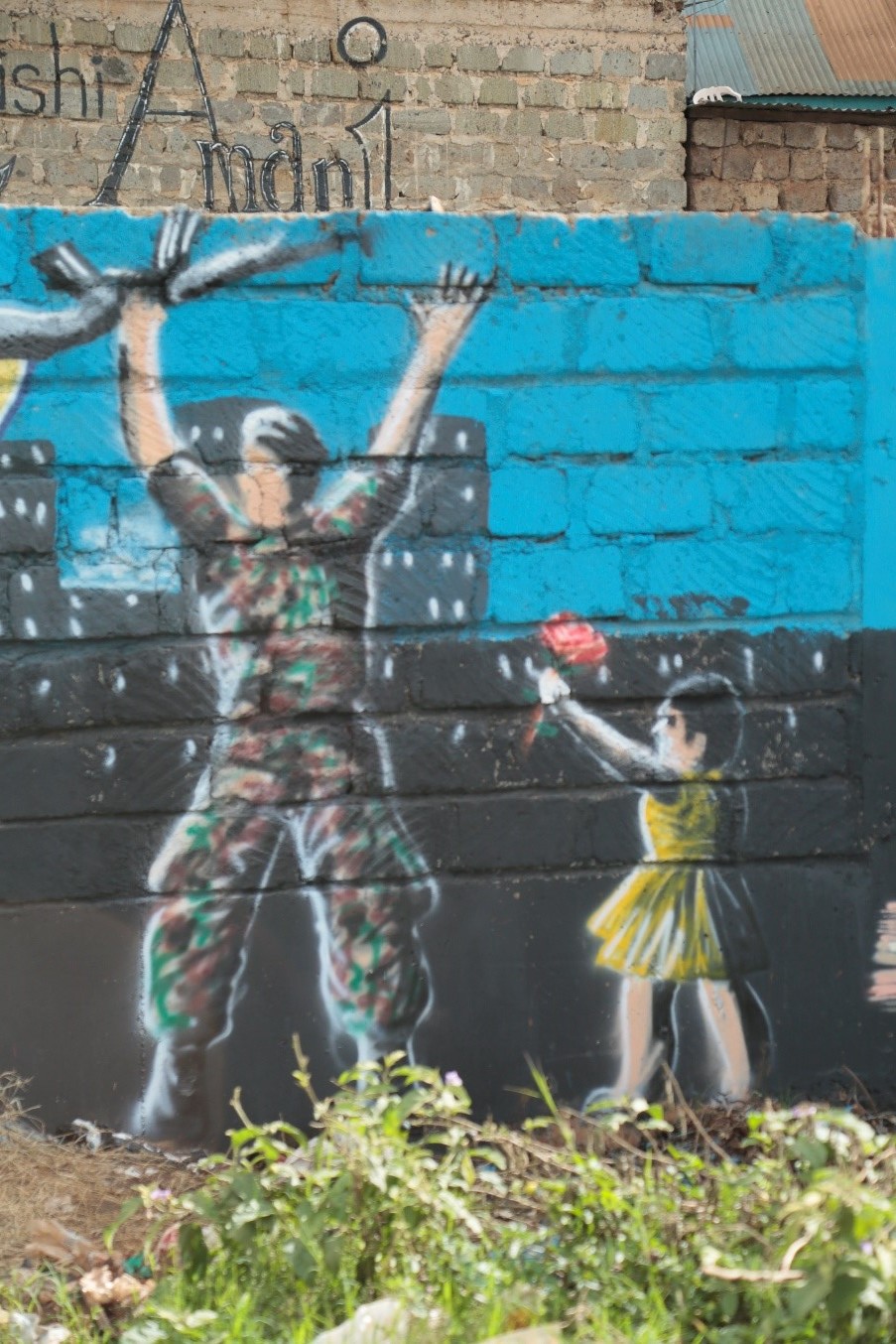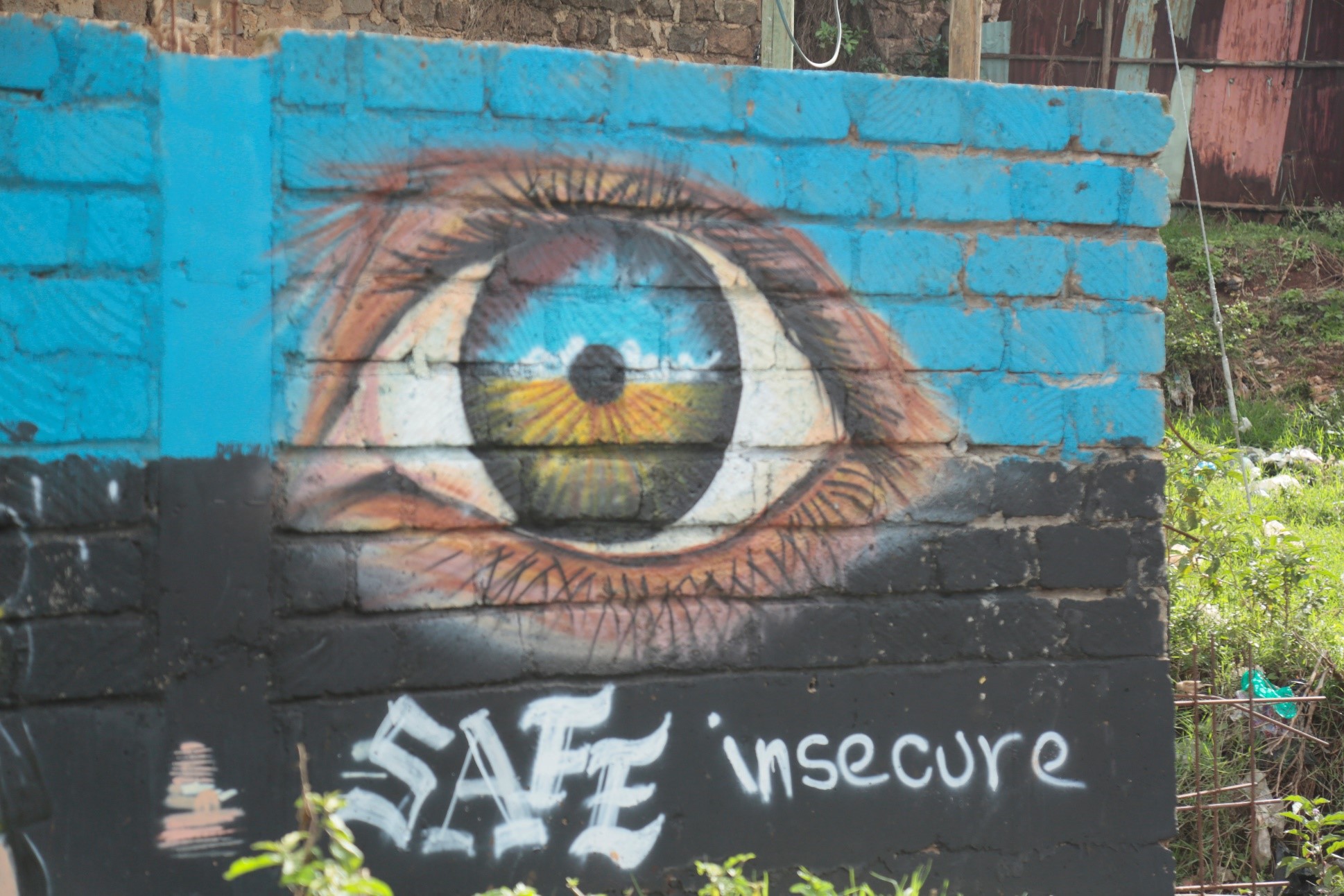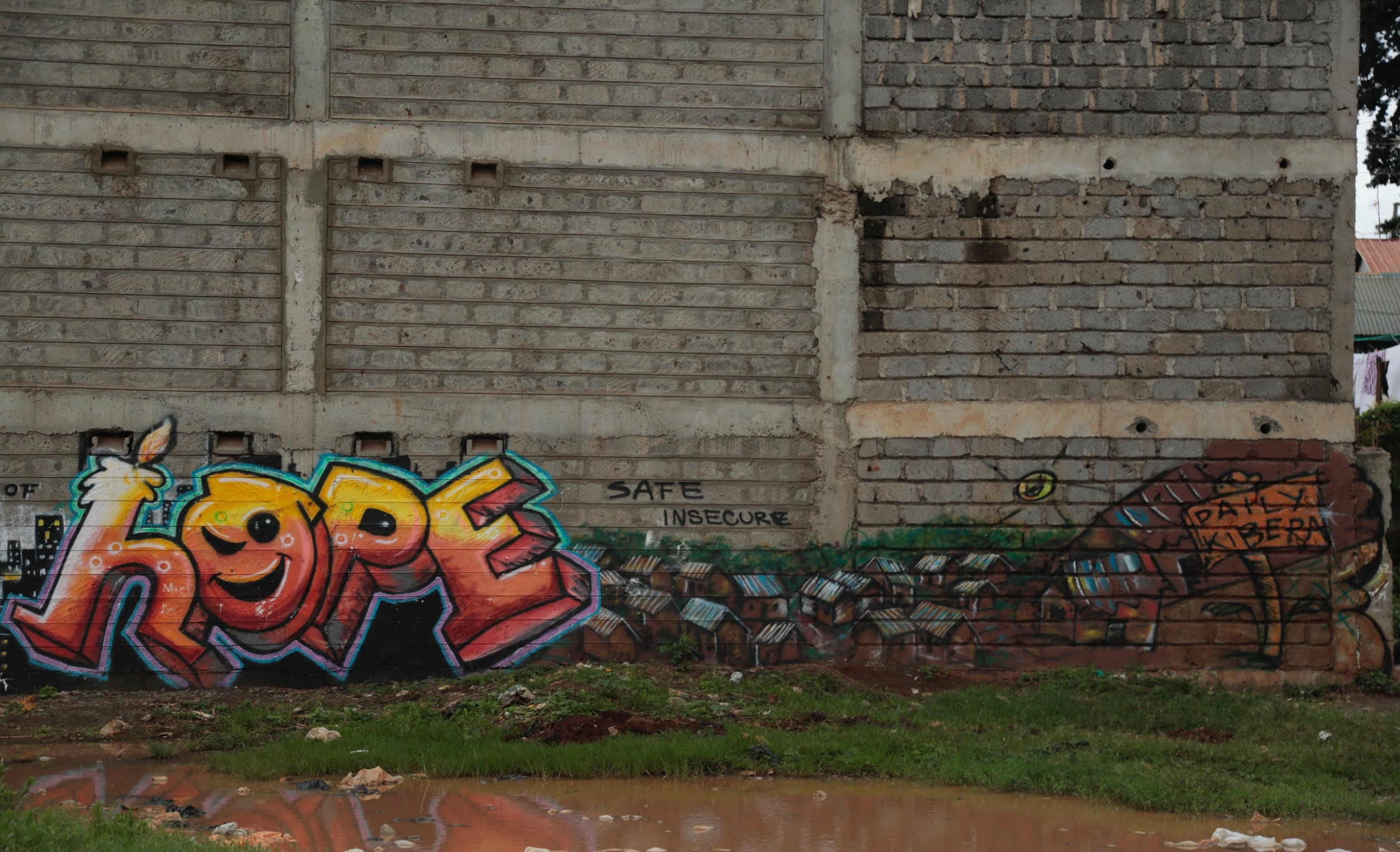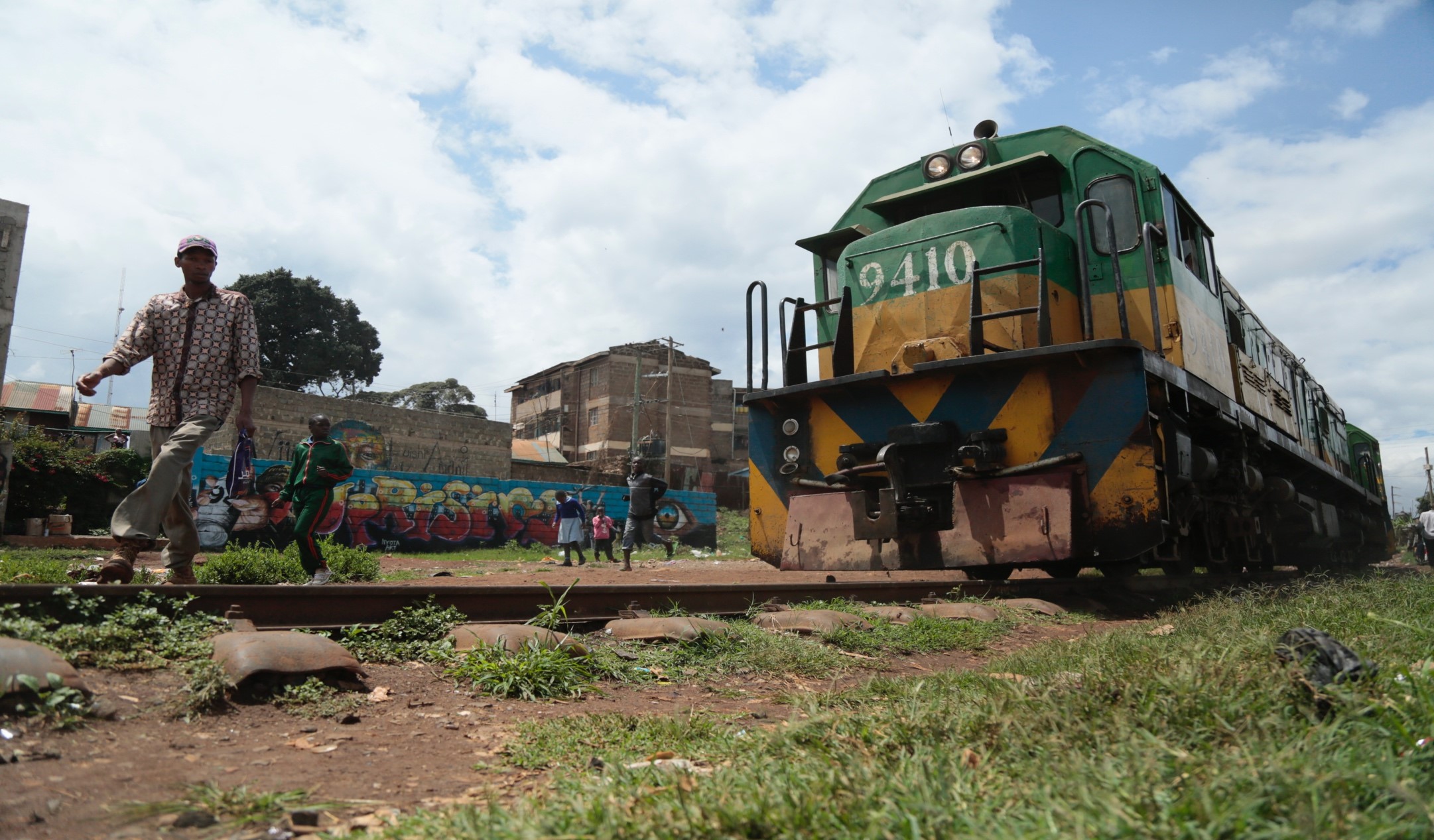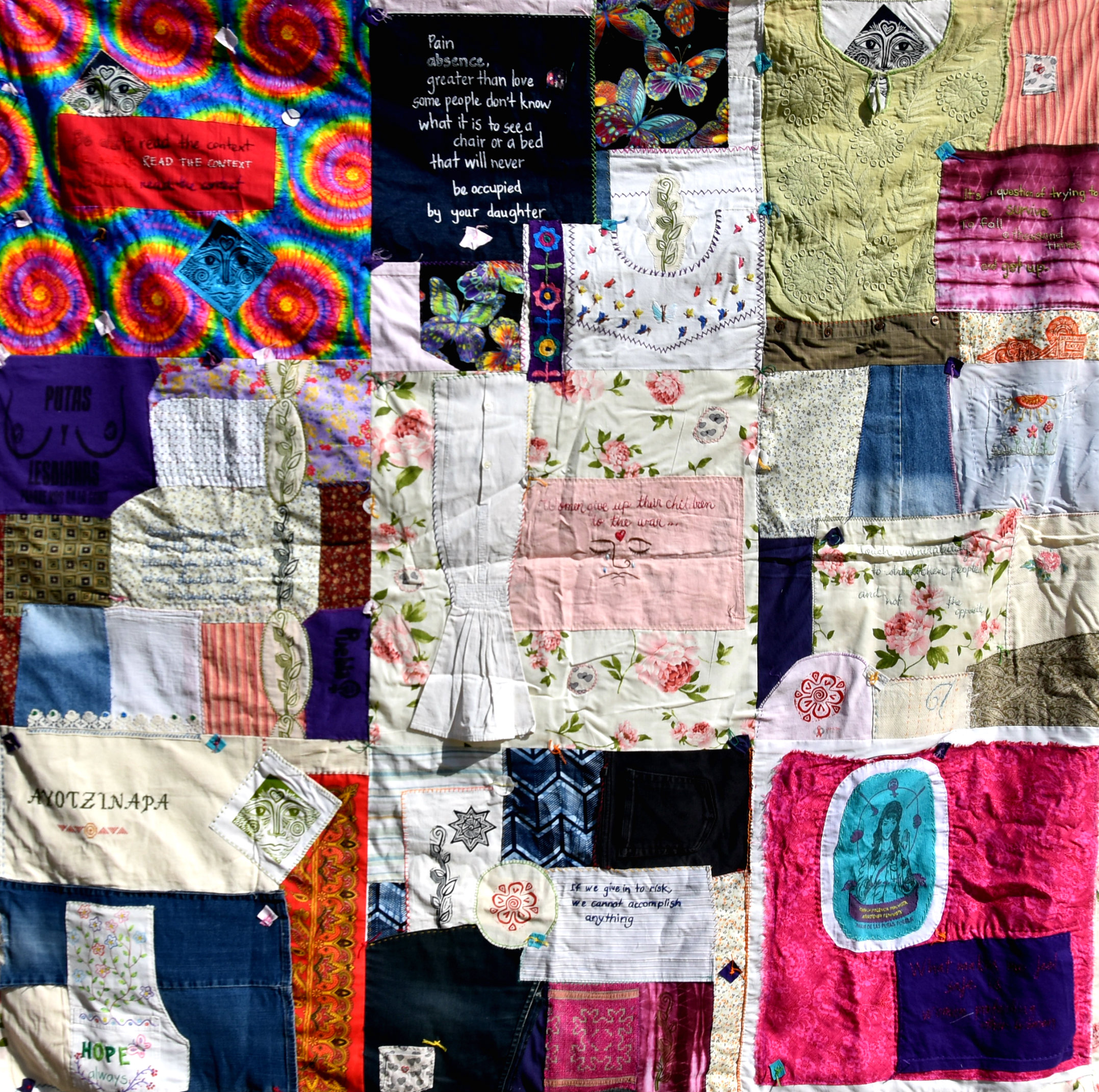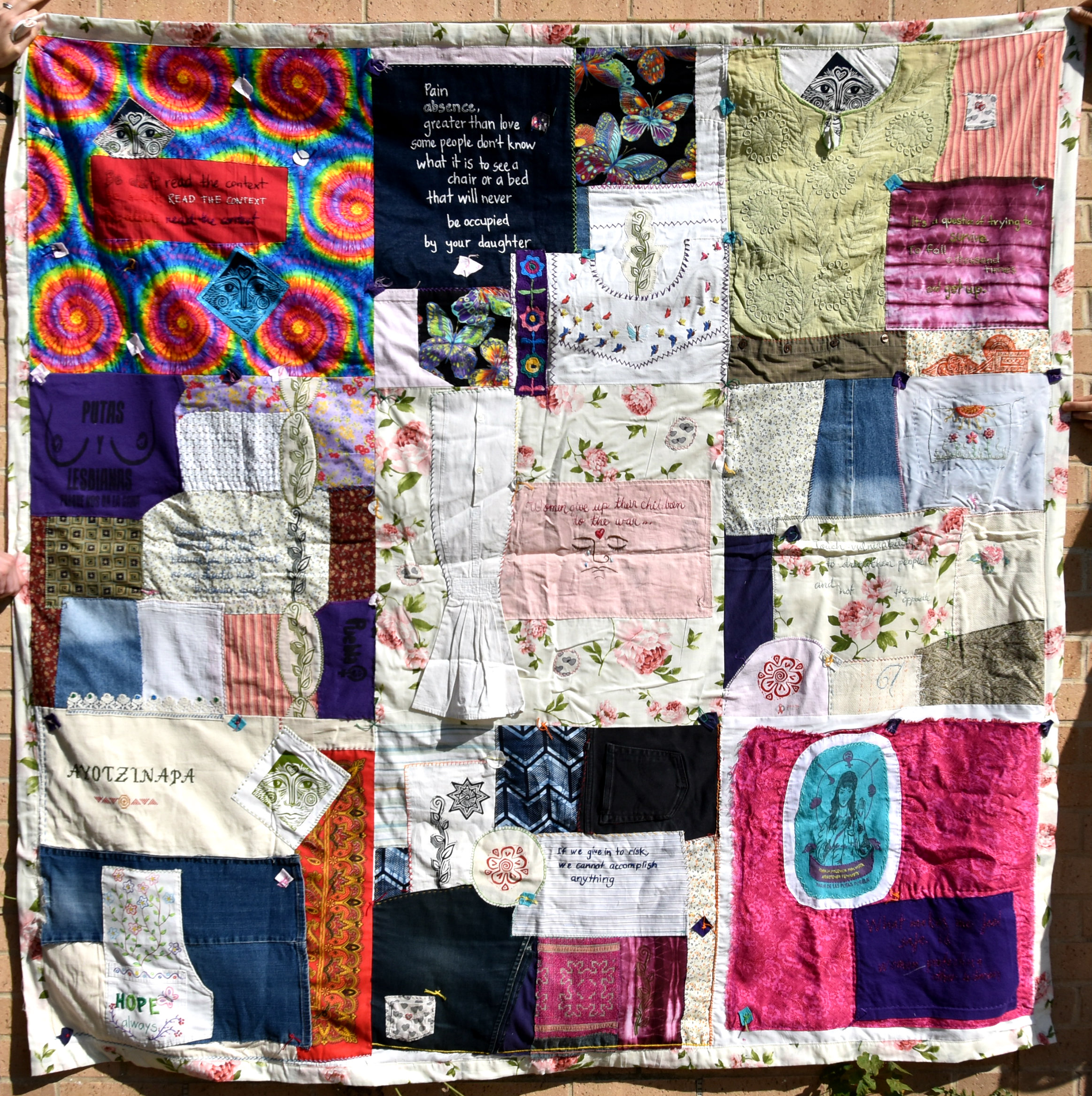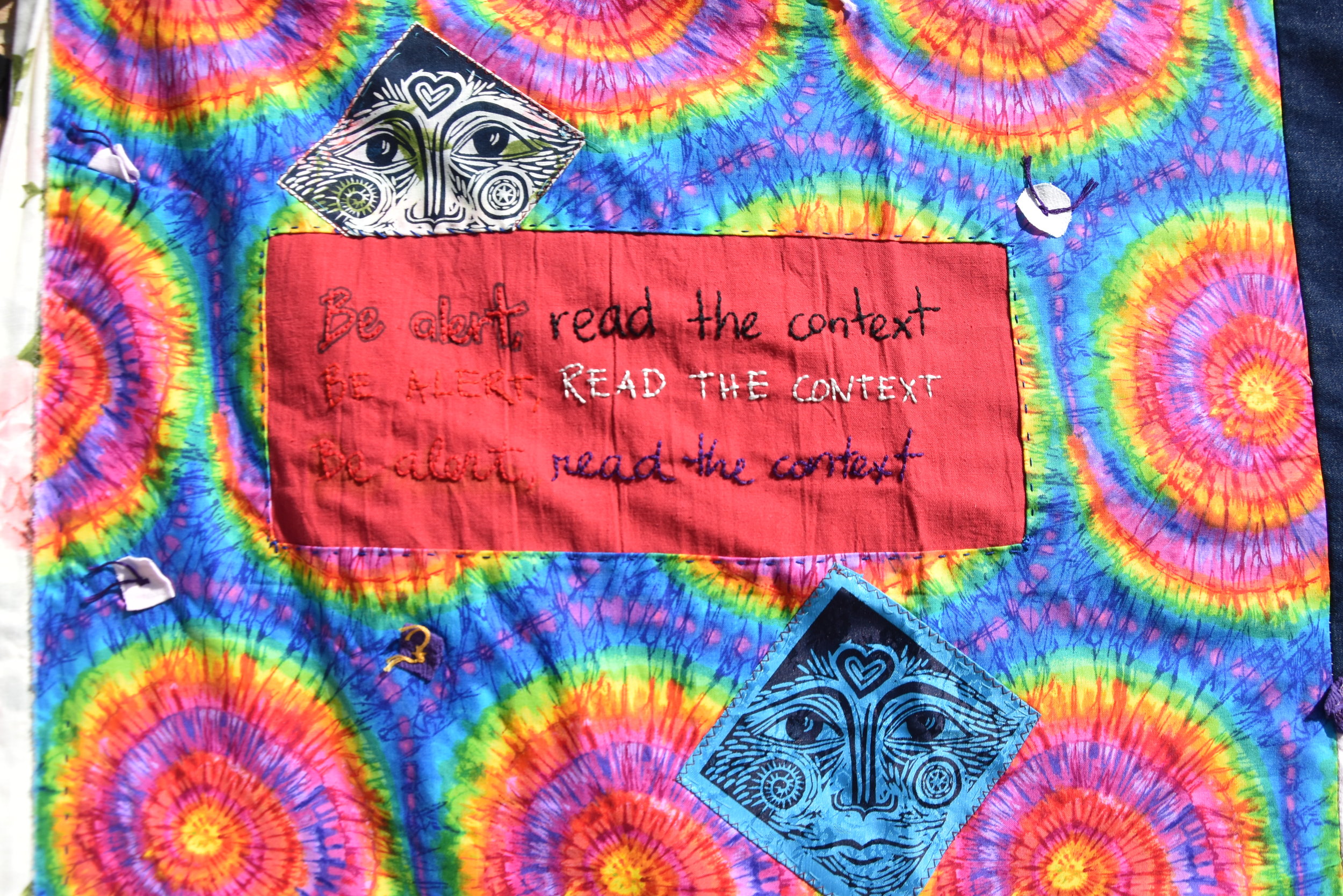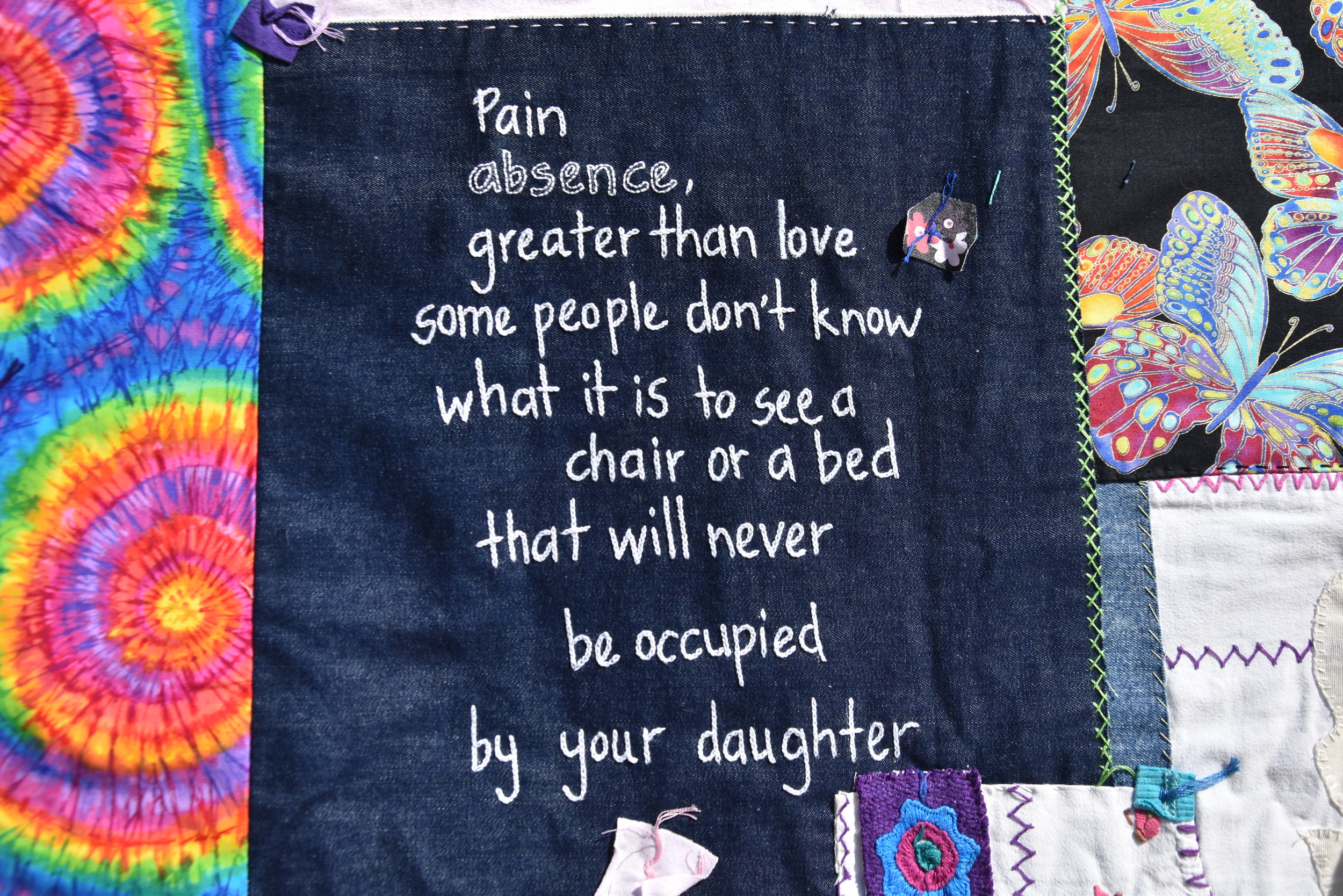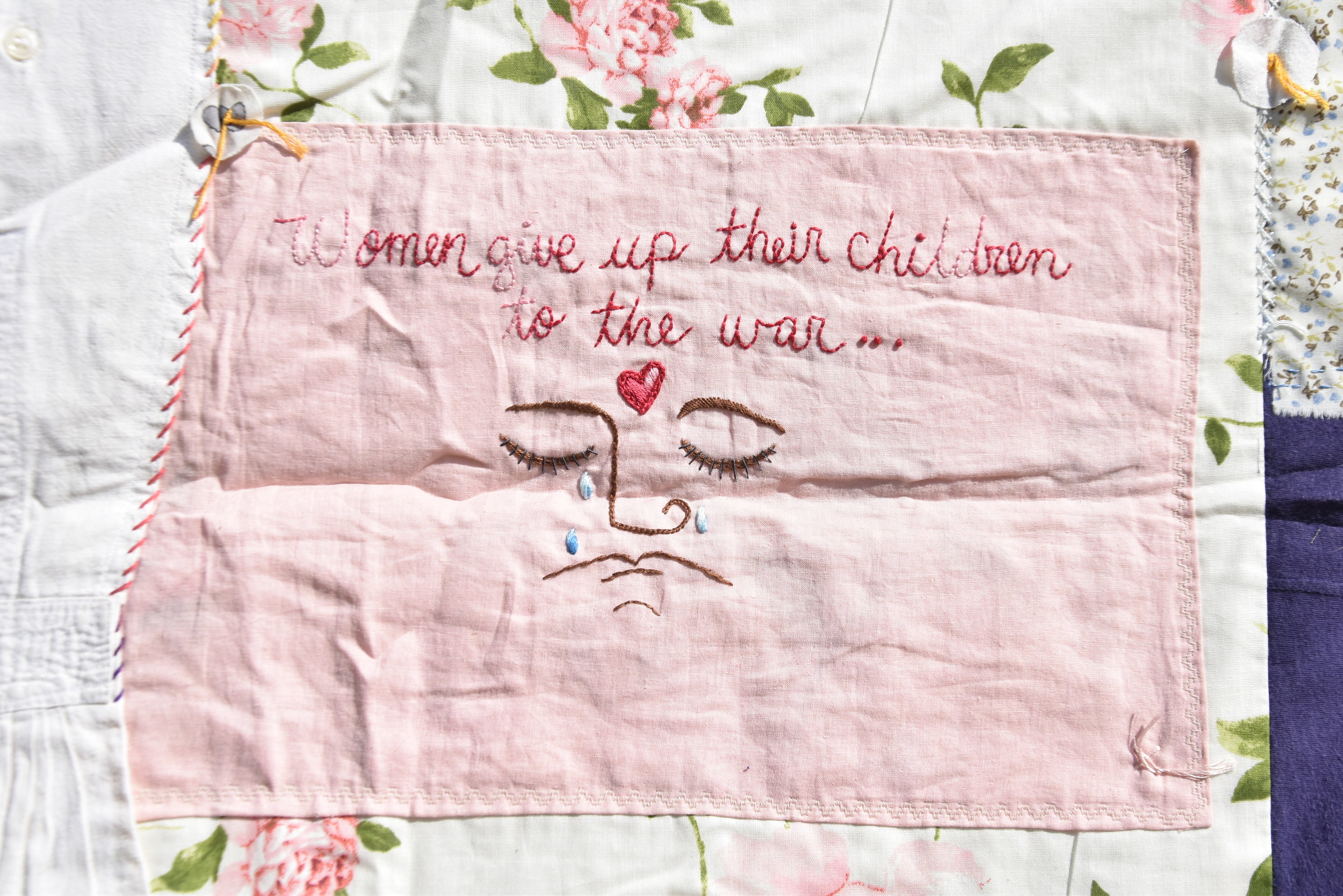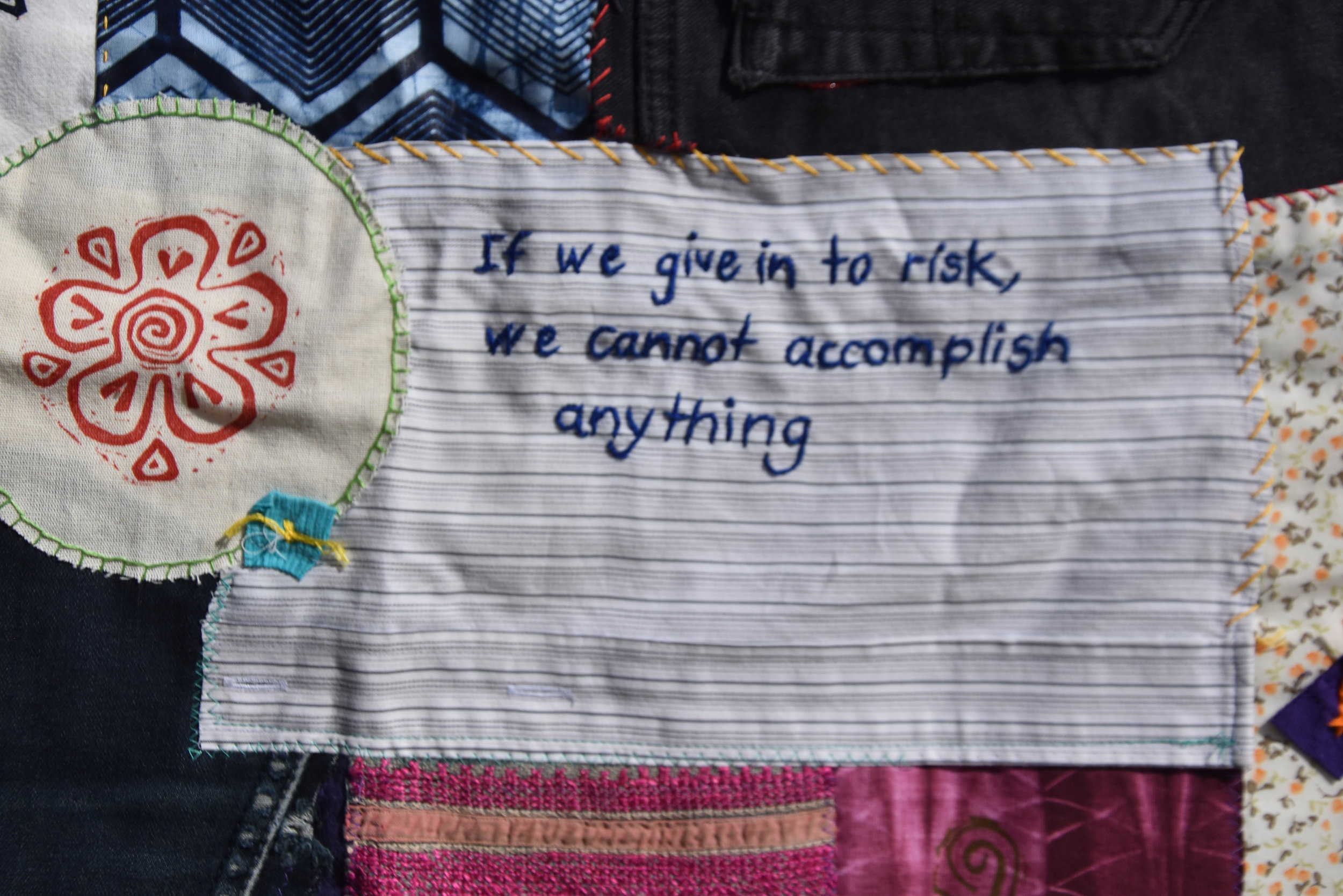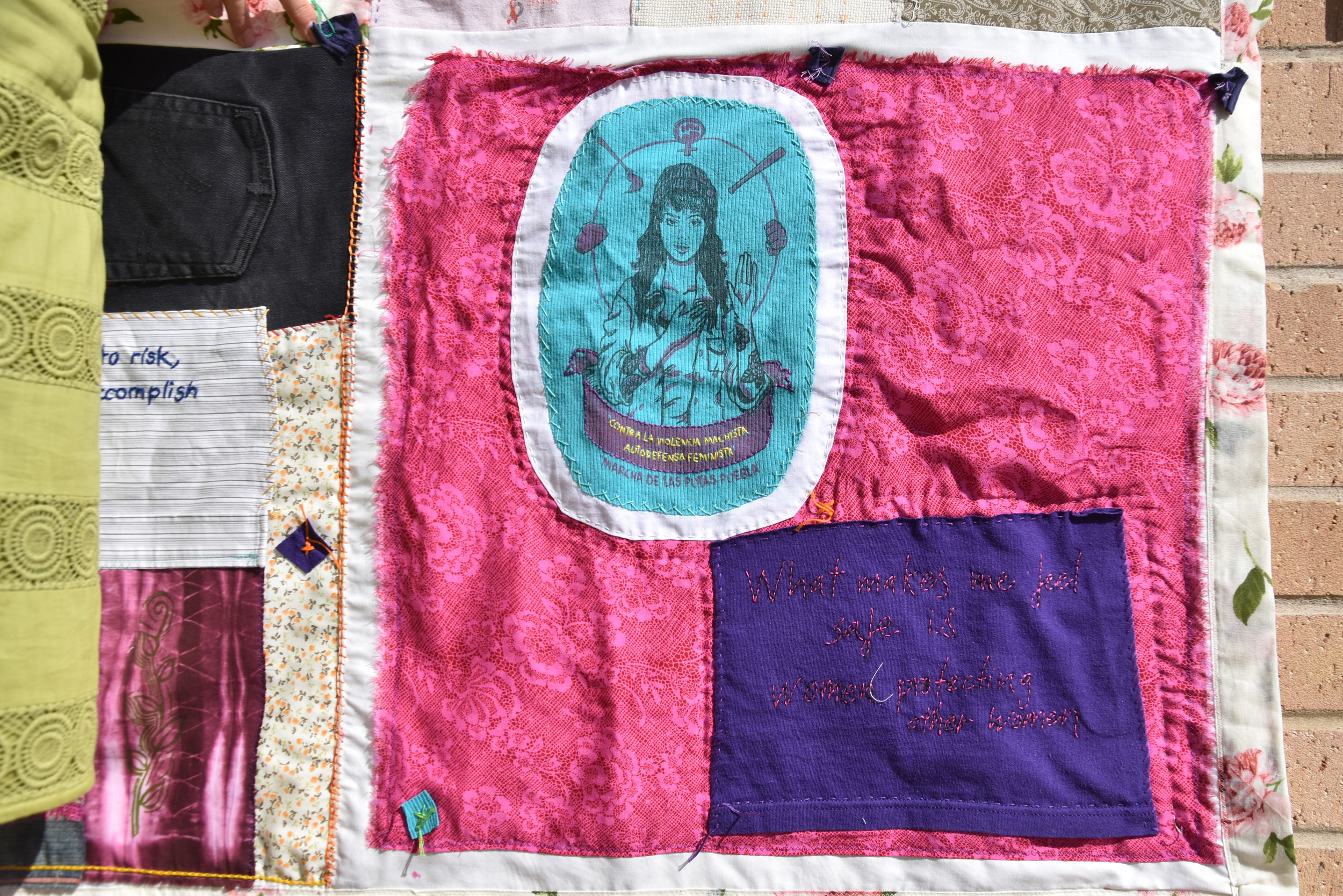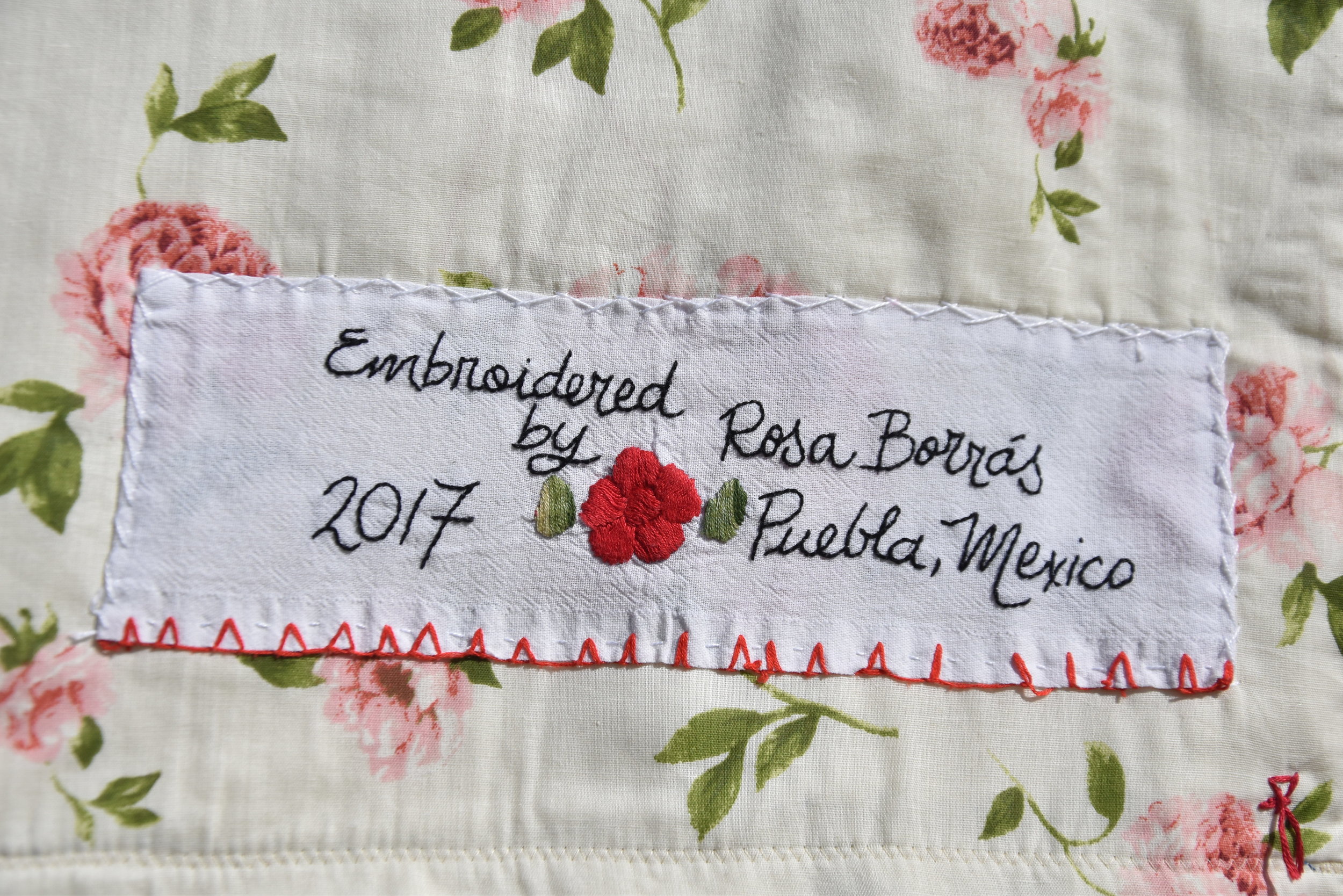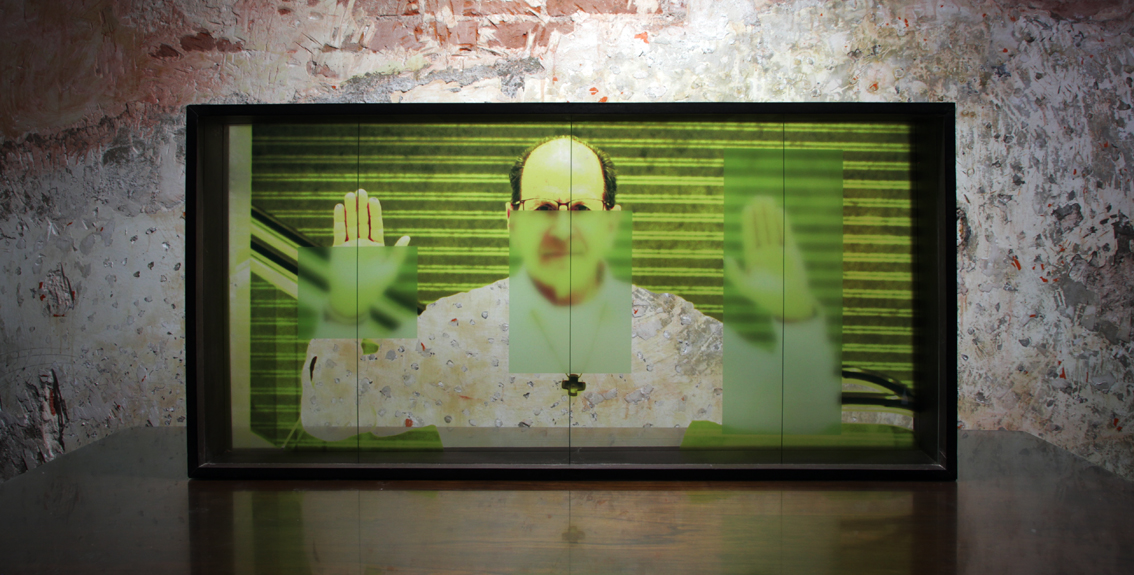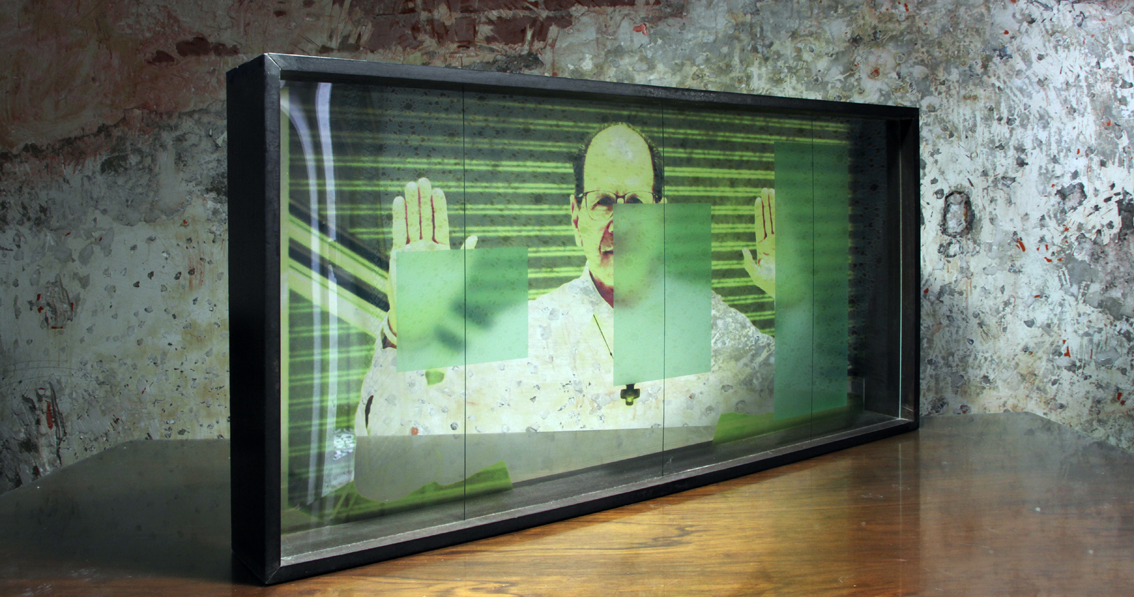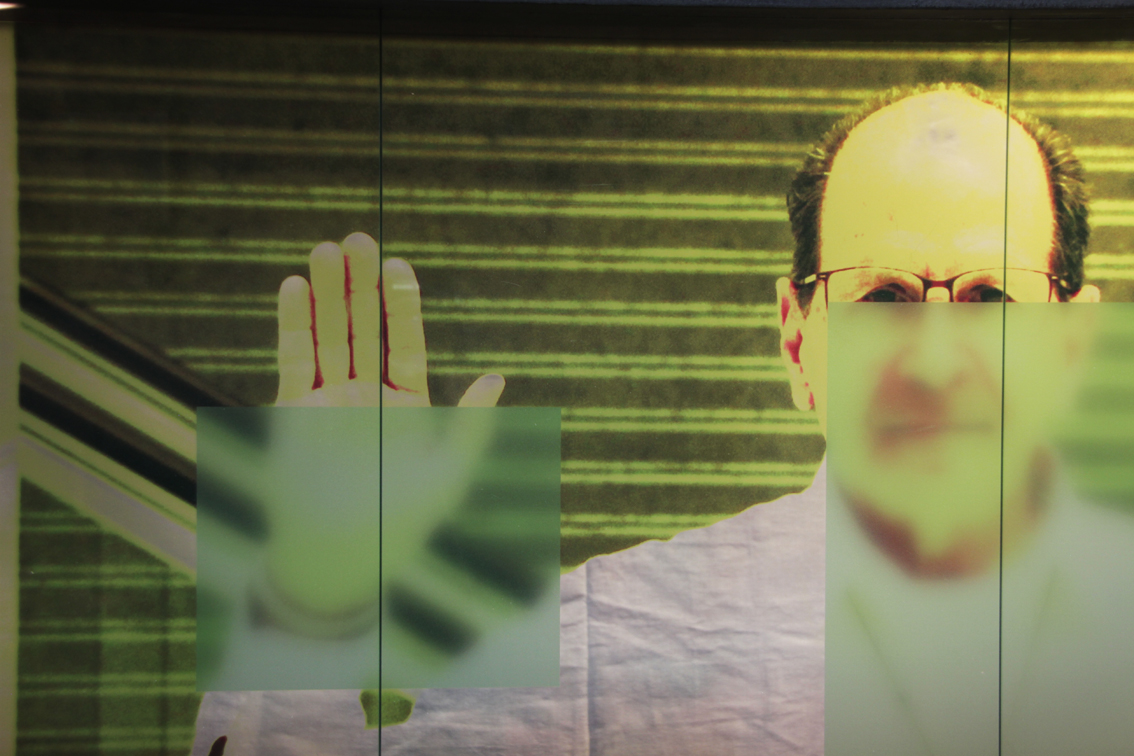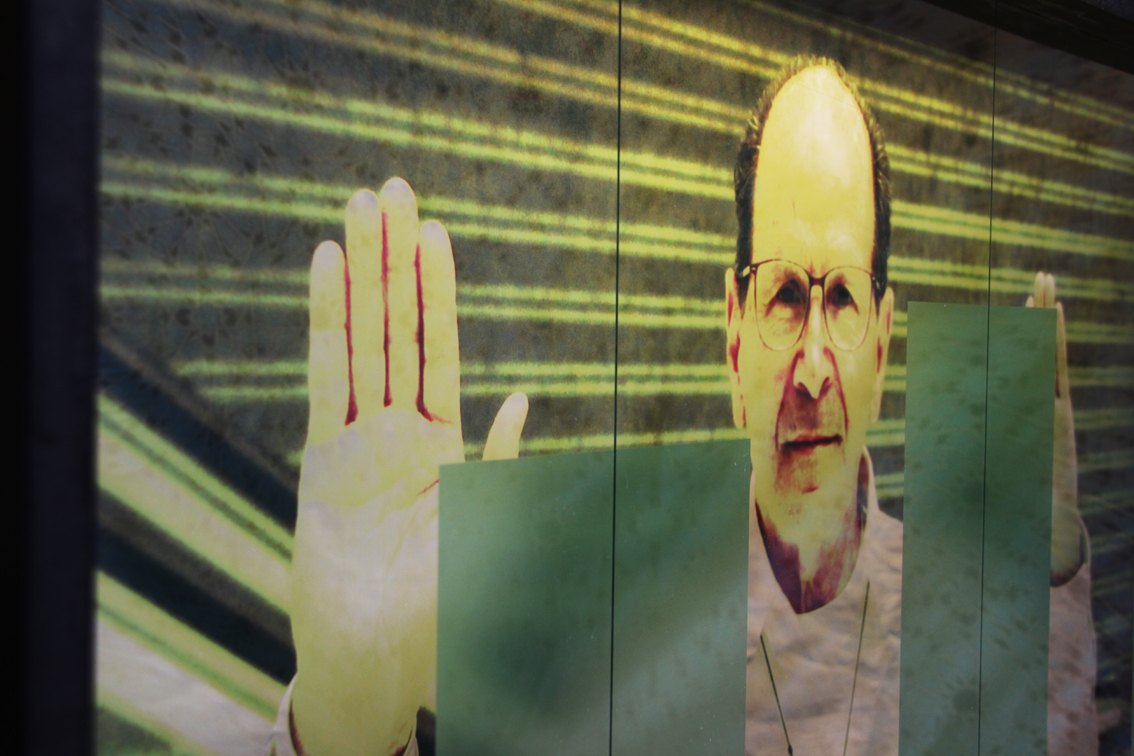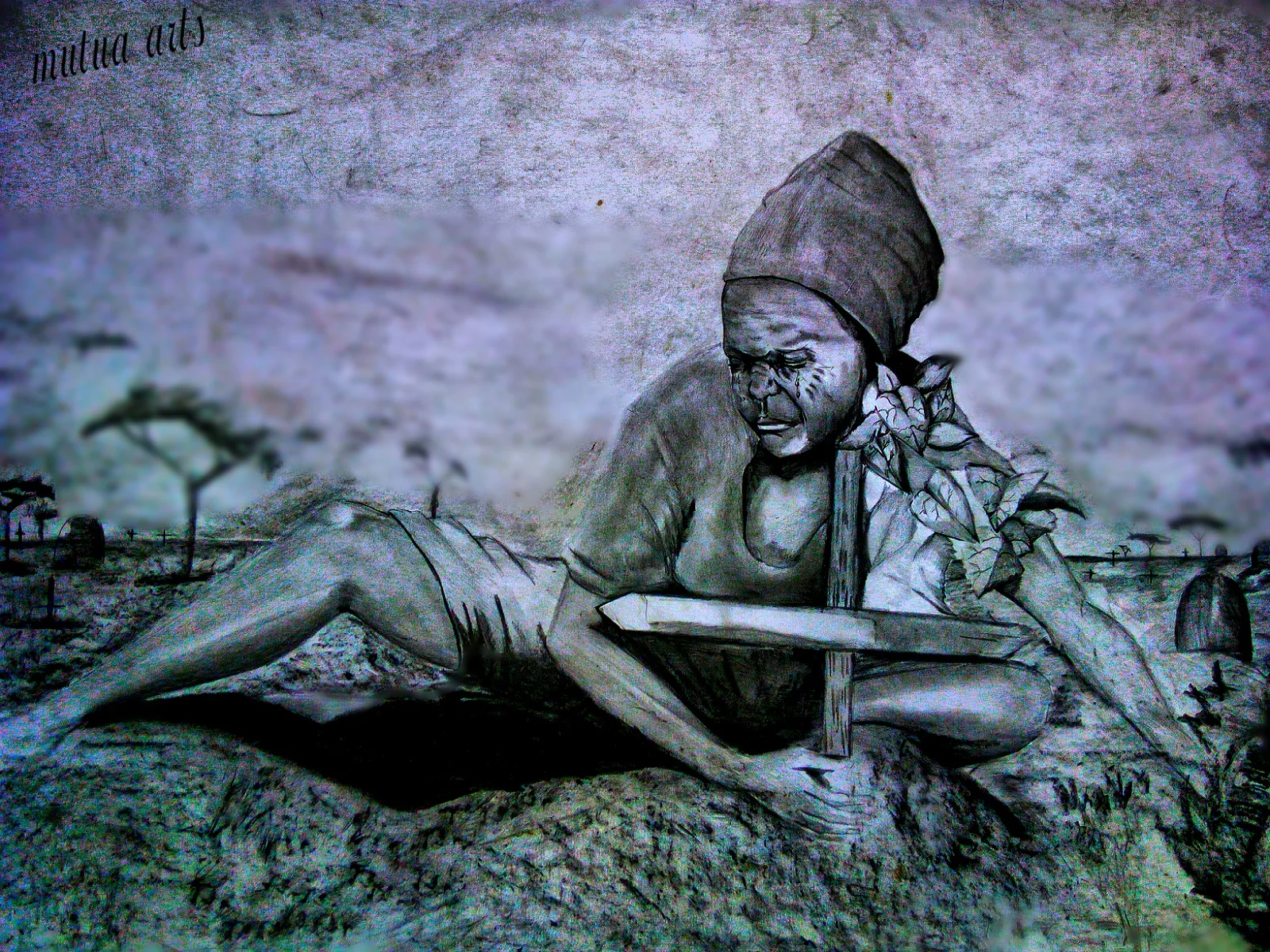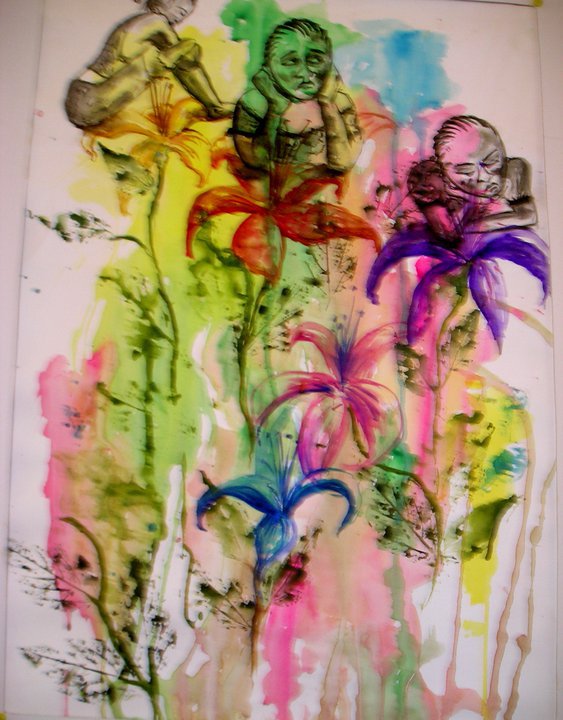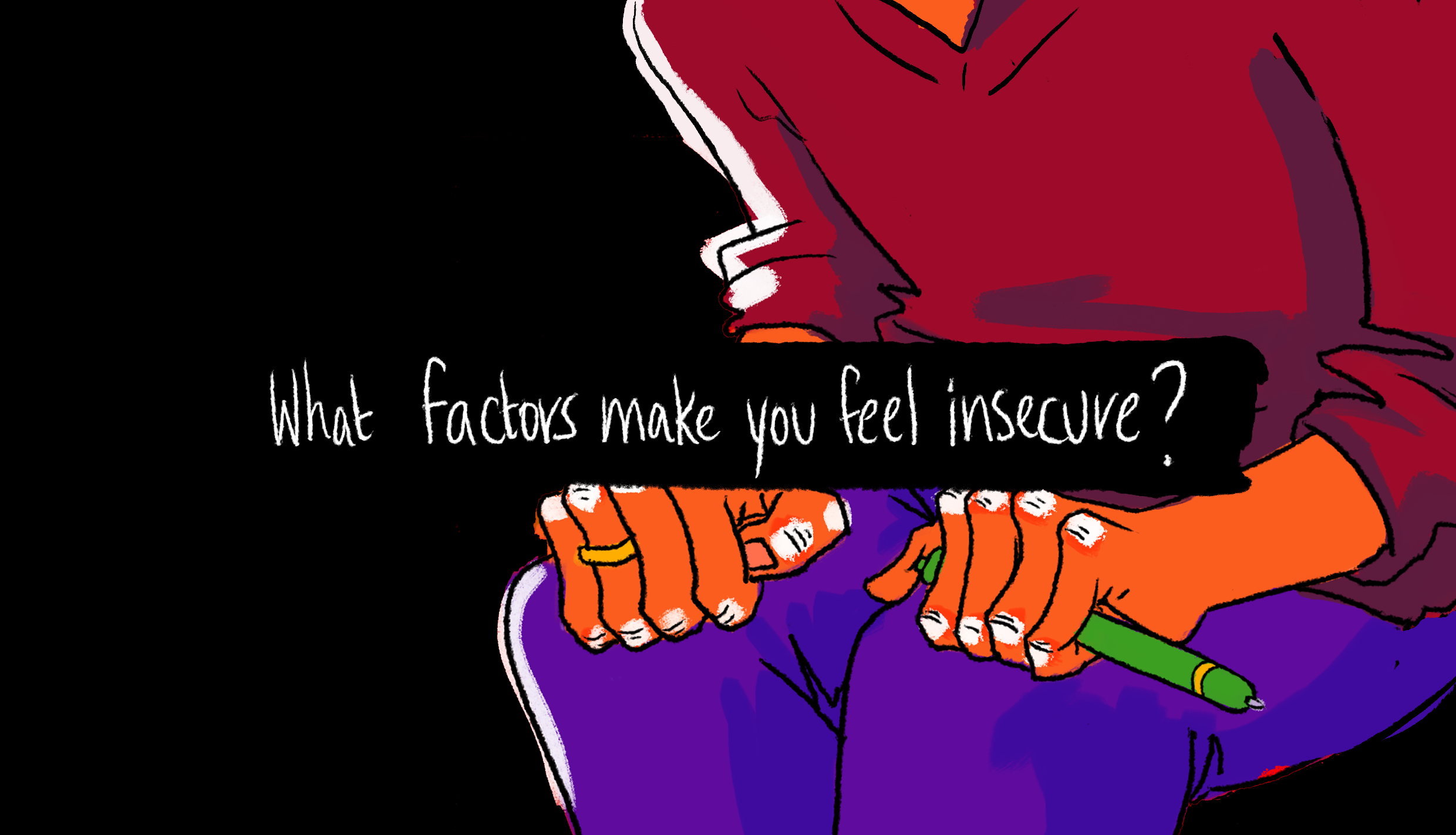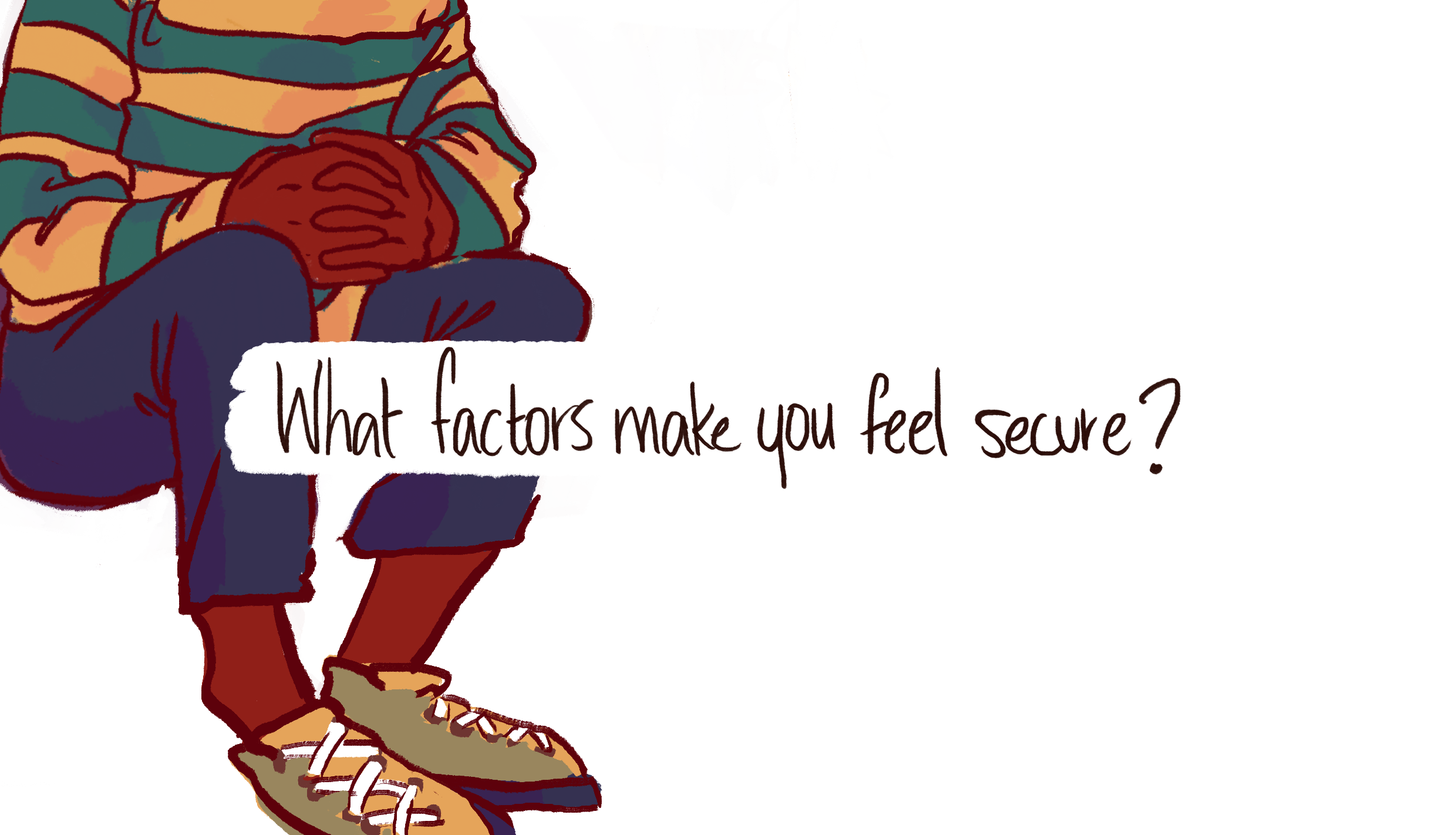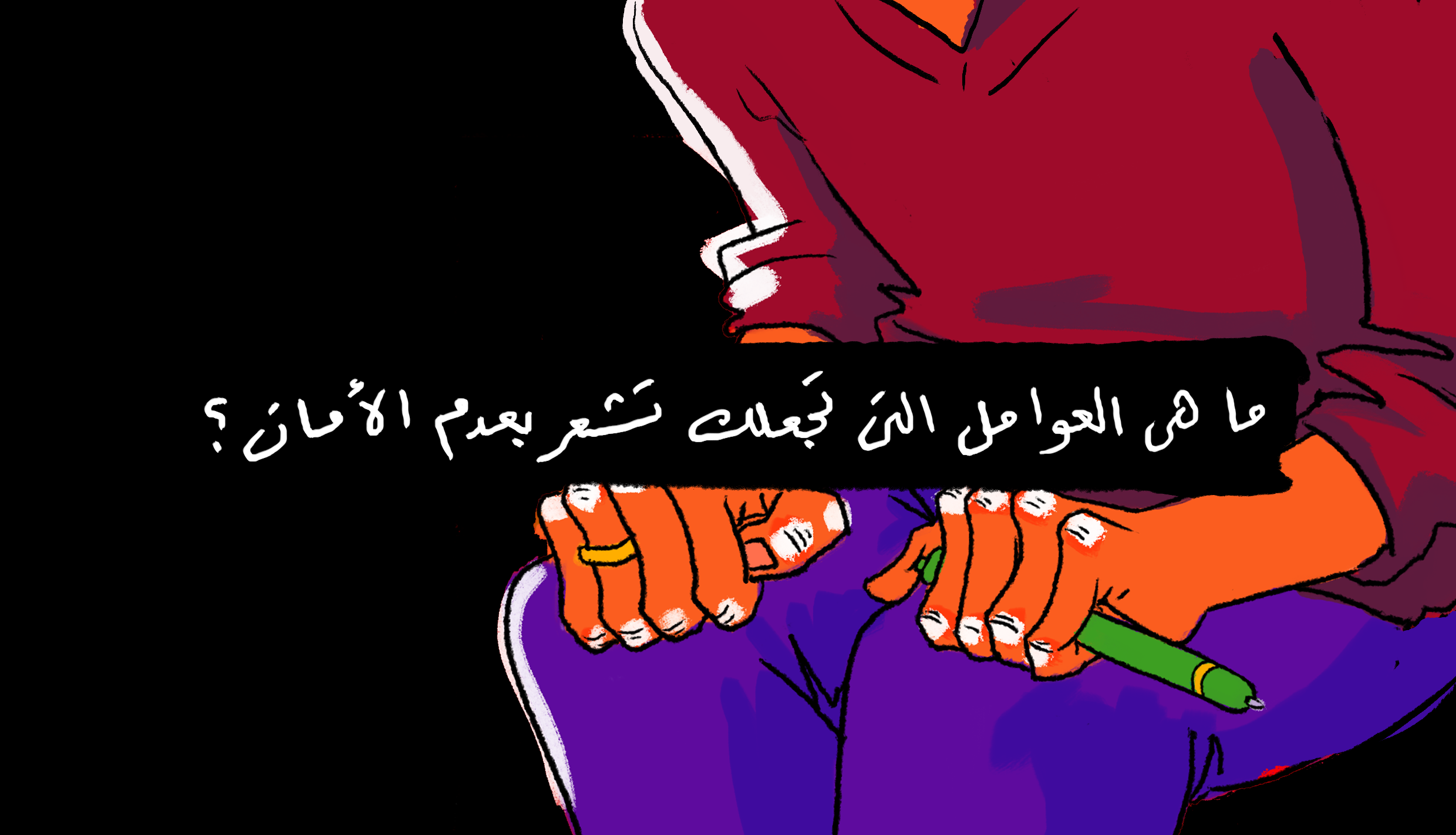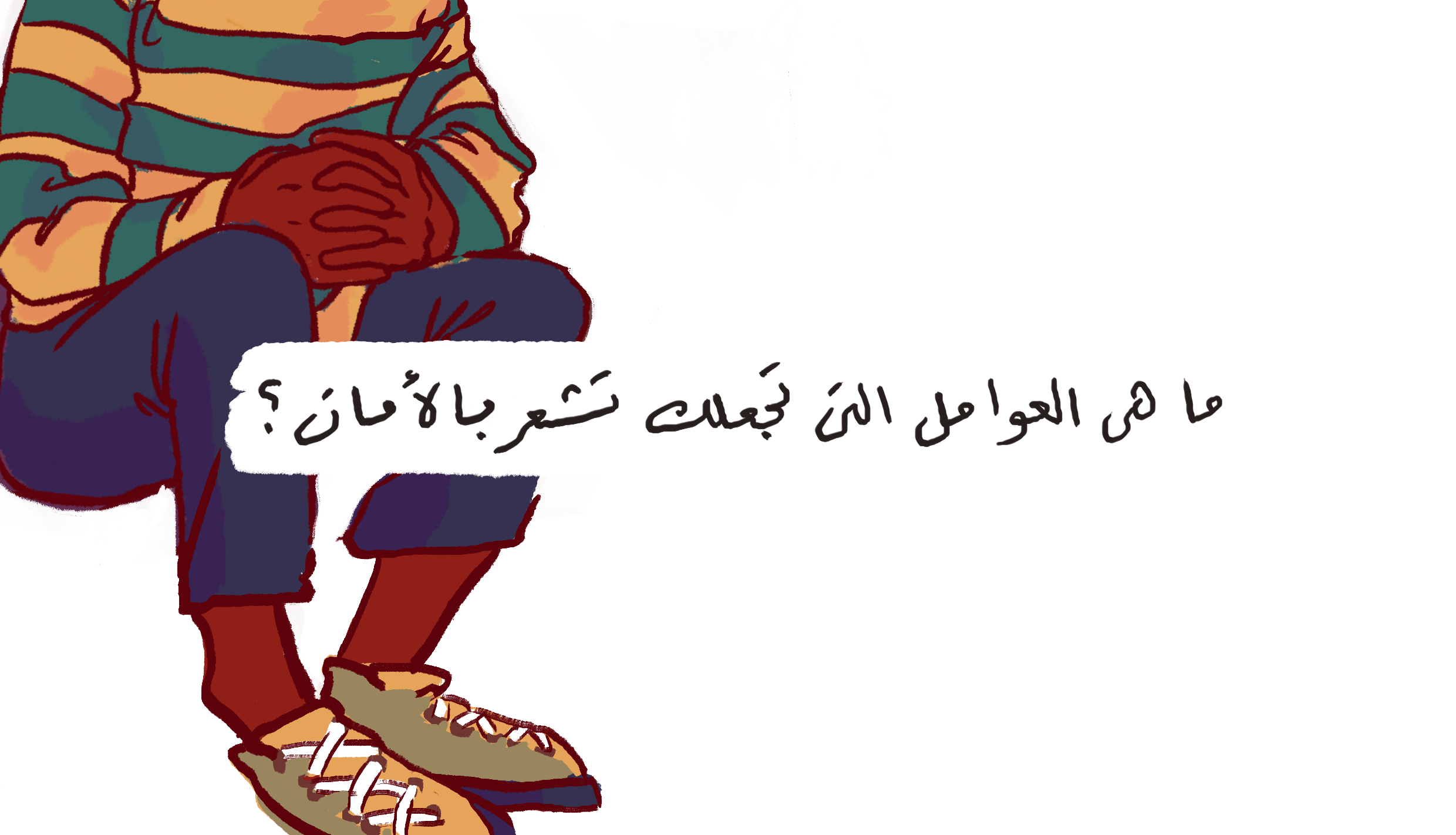Artistic Work
We have invited artists from around the world to produce creative responses to the research findings from these projects.
These responses include:
Poetry, verbatim poetry, and poetry films
Songs and music
Short films
Animation
Drawings, paintings, and murals
The full collection is accessible through this page.
Some of these are also available in Spanish, Arabic, Kiswahili and Bahasa Indonesia.
Film: Greater Than Love
Greater Than Love (04:36 mins) is a short mix media film by Alejandra Jimenez. The film is inspired by the words of a woman human rights defender from Mexico working on women’s rights and enforced disappearances, arranged into two verbatim poems by Juliana Mensah, The Phone and Greater than Love.
The Spanish version is available here.
These versions have subtitles in Arabic and French.
Film: Dust on Paper
Dust on Paper (04:00 mins) is a film by Emilie Flower based on the words of a woman LGBT rights defender from Colombia, arranged into a verbatim poem by Juliana Mensah. The film is a magi-real expression of the experience of living with oppression.
(See here for the version with Spanish subtitles)
In Making Human Rights Defenders (06:40 mins) by Emilie Flower, human rights defender and lawyer Johana Rocha Gómez reflects on the expectations people have about 'human rights defenders'.
In The Sound of Defending Human Rights (08:25 mins), Emilie Flower reflects on the emotional experience of making a film about human rights defenders at risk in an improvised sketch with the cellist Gaia Blandina.
Poetry Films
Poetry Films: 'Affective Necessities' and 'To Die for My Work'
Roberta Letizia, Kenther Ramos, Xinyi Chen, Michael Rolph, Martha Chaparanganda, and Tsun Fai Jason So.
These poetry films are based on verbatim poetry created by Juliana Mensah from interview transcripts from the project 'Navigating Risk, Managing Security and Receiving Support'.
Text: Affective Necessities
Text: To Die for My Work
Songs of Equality
Written in Luo and Kiswahili, and using parables and proverbs (ngero / ngeche in Luo), these songs reflect upon and celebrate the journey of defenders.
Lyrics in Luo (with English and Kiswahili translations).
Composed and arranged by John Otieno Oduor Rapasa
Mural: Uprising
Uprising by Steve Kyenze and the young artists of Nyota Art Gallery, 2017, Kibera, Kenya.
This mural focuses on the uprising towards insecurity – how ordinary people rise peacefully in response to brutality against humanity.
It was inspired by Safe Insecure a verbatim poem composed by Juliana Mensah from the interview transcript of a Kenyan woman human rights defender working on extra-judicial killings and gender-based violence.
A Blanket for Human Rights Defenders
"A cobija is a blanket, and cobijar means to give shelter, to offer refuge, to protect someone. It’s a verb, an action. That’s the reason I like to make blankets from fabric scraps: making a blanket has a very symbolic meaning to me. And that’s why I decided to make one as a response to the project Navigating Risk, Managing Security, and Receiving Support at the University of York. It also has a double meaning: human rights defenders protect us, but we also need to protect, shelter and take care of them. We need to show the work they do as well as the risks they face and the way they deal with them."
Rosa Borrás
In this essay, Rosa tells us why she made a blanket for human rights defenders and the meaning behind the fabrics, prints, and embroidery.
Inks on Perspex: Divine
'Divine'
featuring Padre Alejandro Solalinde
by Ruben Ochoa, 2017
Inks on perspex (box)
60 x 120 cms.
Based on the verbatim poem Divine by Juliana Mensah.
In this written piece, Ruben explains the meaning in 'Divine'.
Drawing: Backstabbed
Kilio cha haki,
Kilio cha mnyong’e
Machozi ya jamii,
Machozi ya wajane,
Machozi ya watoto,
Kilio kasikika
Haki twalia,
Siku njema – itakuja lini?
A cry of justice,
A cry of the weak,
Tears of the community,
Tears of the widows,
Tears of the children,
Cries are heard,
We cry for justice,
Waiting for a new dawn
Nancy Muigei
Kenya, 2017
'Backstabbed' tells the story of a woman human rights defender whose son was killed to stop her
fighting for justice.
by Ndereva Mutua, 2017
Graphite pencil on ivory paper
Painting: The Witness
'The Witness' depicts a human rights defender witnessing his friend being killed while he anticipates his own death.
by Ndereva Mutua, 2017
Oil on canvas
To see more of Ndereva's work click here.
Poetry
By Caroline Mita Khakula
Poet Nancy Muigei, based in Nairobi, responds to the research findings in this project with poems on the themes of Wellbeing and Risk, Identity and Security, and Perceptions of Human Rights Defenders. These poems are available here.
Dance Film: Vis-à-vis
In Vis-à-vis (08:44 mins), videomaker Simona Manni and dancer Christie Barnes captures the reflections of defenders at risk in this project on the topic of personal wellbeing.
The version with Spanish subtitles is available here.
Digital Artwork: We Are Fragmented
In this interactive digital artwork, Amira Hanafi translates the range and depth of emotions expressed by defenders at risk in this project into visual patterns, by classifying the emotions expressed and evoked.
Click on the image to begin.
Musical Composition: The Sound of Us
In The Sound of Us (05:48 mins), Way Dwi Arifianto reflects on the meaning and importance of tolerance in Indonesia.
Way drew inspiration from current events as well as from research findings in this project, including the verbatim poem A Temporary Place of Worship by Juliana Mensah based on the words of an Indonesia human rights defender working on freedom of religion.
In this composition, Way tries to escalate and describe situations and tensions through melody and ambiance. In reversing the main note and chord in part one and part three of this piece, he tries to describe that we can always 'flip' a situation.
In this brief, Wayhu explains his creative process.
What factors make you feel insecure / secure?
In our study, we ask defenders 'What factors make you feel insecure?' and 'What factors make you feel secure?'
Deena Mohamed illustrated some of the responses to these questions by defenders at risk in Egypt.
You can view them through these links: English and Arabic.
You can also down the PDFs here:
Film: Room at Region (X)
Room At Region (X) (12:05 mins) is an experimental fiction film by Nada Hassan. Inspired by verbatim poems composed by Juliana Mensah (Affective Necessities, Irruptions, and Safe Insecure), this film focuses on three main themes: enforced disappearance, isolation and exhaustion. In this film, we are in the mind of a woman human rights defender. In a rush of emotions, with subtle ironic anger, through a directional spoken monologue, she expresses exhaustion and feeling overwhelmed. She rediscovers the paradoxical meanings of fear and courage, security and insecurity, love and isolation.
Digital Web based Project: Indigenous jurisdiction
Juan Franco is a visual artist from Colombia. He has produced this digital work based on the experiences and transcripts of human rights defenders working on indigenous rights in Colombia. The words used are those of Margarita Hílamo Mestizo and Lucy Chamarro.
Click on the picture to access this digital artwork.
More of his work is available here
Music Video: Amba
03:53 mins
English
“Amba is a call to action.
It is a memorization of past Heroes and Sheroes.
It praises those alive and defending the rights of people around the globe.
Amba is a sing-along that speaks out loud in celebration of those who inspired us in the past, to be able rise up today.”
Ndungi Githuku
Verbatim Poetry
Many of the artists in this project drew inspiration from the verbatim poems composed by Juliana Mensah from transcripts and notes of interviews with defenders at risk in this project.
The full set of poems is available here:
Colombia
Dust on Paper
The Co-optation of the Word
The Indigenous Jurisdiction
Mexico
Affective Necessities
Greater than Love
Irruptions
The Phone
To Die for My Work
WHRD
Kenya
Egypt
Indonesia
Multiple Countries




